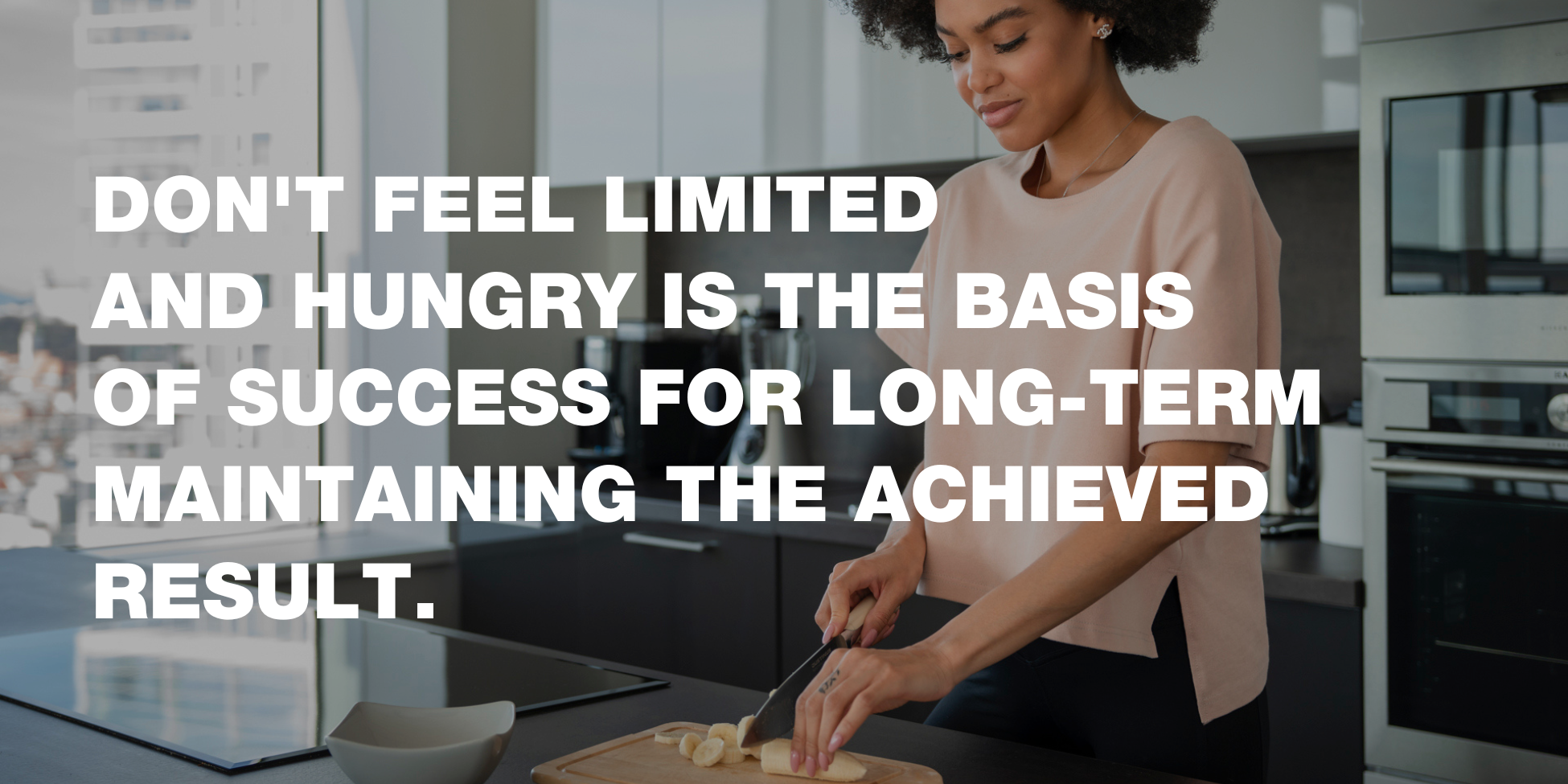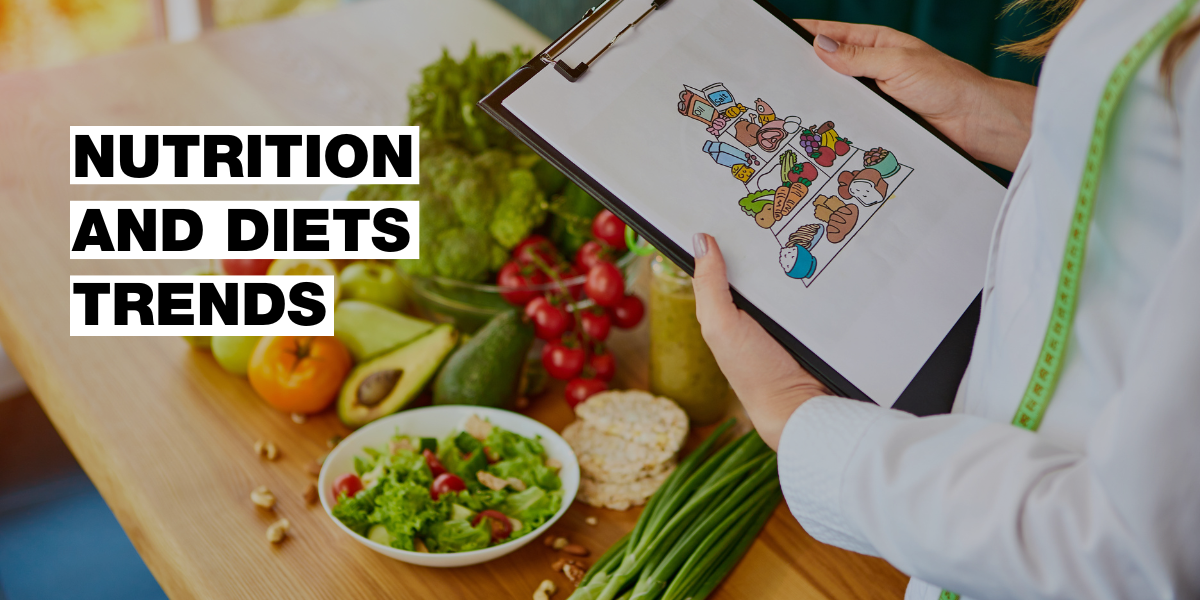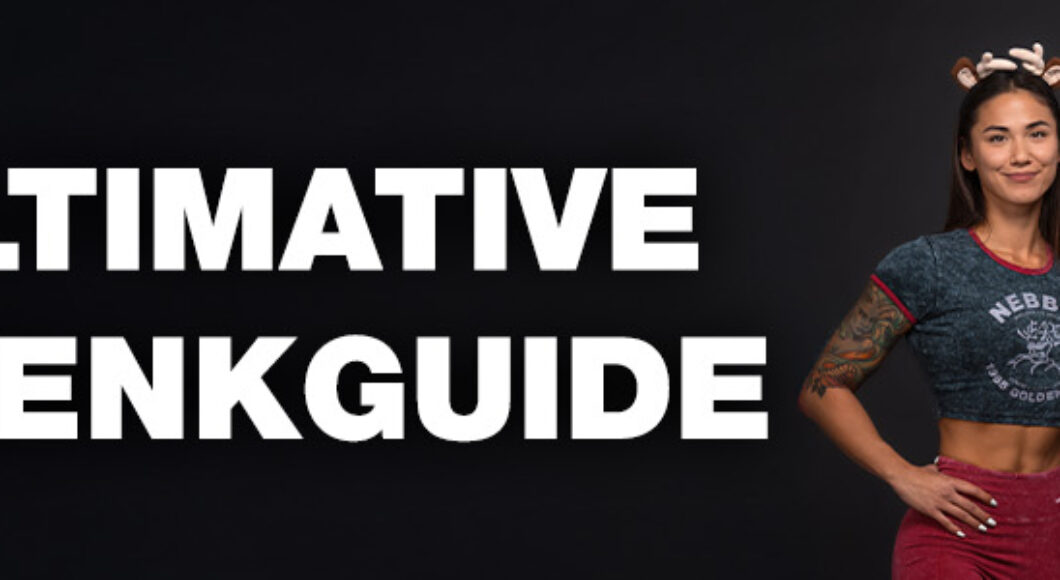Food is what unites us all, but also divides us. It’s nothing new that even eating is subject to trends, according to which we follow, try different regimes and diets, test whether they suit us, and maybe even experiment a little with our body. Are you curious which trends are currently dominant in nutrition and dieting? Let’s take a look at it together with nutritionist Zuzka Líšková.
Limit carbohydrates to the maximum. This is what a low-carbohydrate diet advises
As the name implies, low-carbohydrate diets are based on low carbohydrate intake. During this “low-carb” diet, we replace them with proteins and fats, mostly meat, nuts, legumes, or dairy products, which reduces the appetite for food and snacking. The most famous diet of this kind is the Atkins diet, which will help you lose weight quickly, but then after switching to a classic diet, you will gain it back very quickly.
Proteins, proteins and proteins. This is the main component of the menu during the protein diet
Protein diets are based on increased protein intake and the gradual addition of small amounts of carbohydrates. The most famous protein diet is the Dukan diet divided into 4 phases, which are inseparable from each other. I have experience with clients who have tried protein-based eating styles. After returning to the classic diet, their weight mostly quickly shot up and even overtook the original weight with which they started the diet. And that is the big minus of this diet – the yo-yo effect occurs often and is quite significant.
16/8 or 14/10. This is also what pausing alias fasting looks like
Fasting is an eating system or schedule during which we alternate periods of fasting with periods of eating. Fasting does not limit us in specific foods or nutrients, but it is very important what we eat during the eating period. We must take care to prevent malnutrition of the body, i.e. a lack of nutrients. Since the system forces us to eat only in a certain time window, it can happen that it does not suit us on certain days and situations, we have an unexpected job, we are traveling and so on. And so we get stressed that by the time we have peace and time for food, we can’t eat it.
“Each of the aforementioned diets has its positives and negatives. Almost every client of mine has already tried one of the mentioned diets, and I like to talk to them about how they perceived them, what effect they had during and after the diet. Thanks to that, today I am better able to prepare functional and balanced meals,” says Zuzka Líšková.
What does Zuzka recommend to her clients as a nutritionist? What diet does he prescribe when they want to reduce weight, gain muscle mass or maintain a healthy lifestyle?
“I am an advocate of a balanced diet, my nutrition program NUTRIPLAN and the food brand jedzBystro are based on the inclusion of all macronutrients – proteins, fats and carbohydrates – in a balanced ratio. The eating day is divided into 3 or 5 portions depending on whether we play sports, how much energy we expend at work, what our habits are and what our starting weight is. Our diet is colorful and diverse. Each meal contains a protein as a base and ideally a different one throughout the day. We alternate individual nutrients within a day and a week. Portions have their prescribed ratios and weights.”

A balanced diet is something like a mix of all the mentioned styles and diets.
“A balanced diet chooses something from everyone, has fewer carbohydrates, more protein, and there are breaks between meals in which you don’t eat trifles. You drink enough water and make sure you get enough sleep. You fundamentally do not deny yourself any food component, you regulate the size of portions, you learn moderation. I also help people individually regulate the times in which they eat. The goal is to achieve a balance of enzyme secretion, hormones and metabolism.
The most fundamental difference is in the approach to what you will do when you reach your goal. A balanced diet is a change in lifestyle and approach to food. After reaching the goal, a lifelong maintenance step begins, when, to put it simply, approximately 10% we sin, that is, we include other favorite foods, and 90% we remain in the learned balanced diet. Someone applies it, for example, as a weekend and a week.
However, I must say that when I tell a client that he can already include sin, I often hear from him the answer that he does not particularly need it. Because he does not feel restricted and hungry, which is the basis of success in maintaining the achieved result in the long term, and this is an indicator that a balanced diet is the right way,” concludes nutritionist Zuzka Lišková.






































